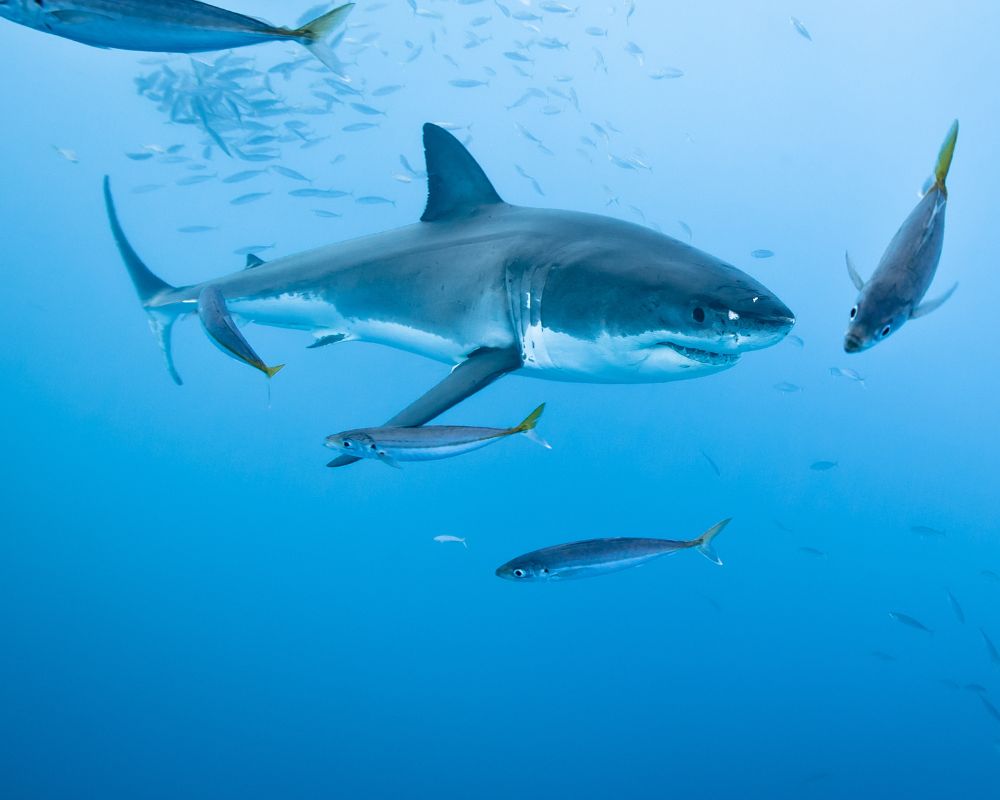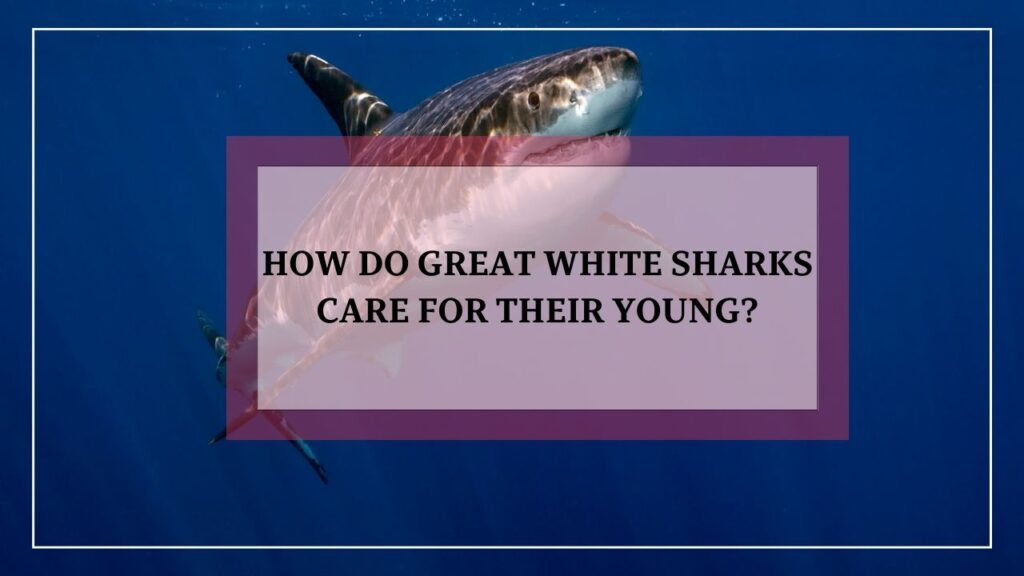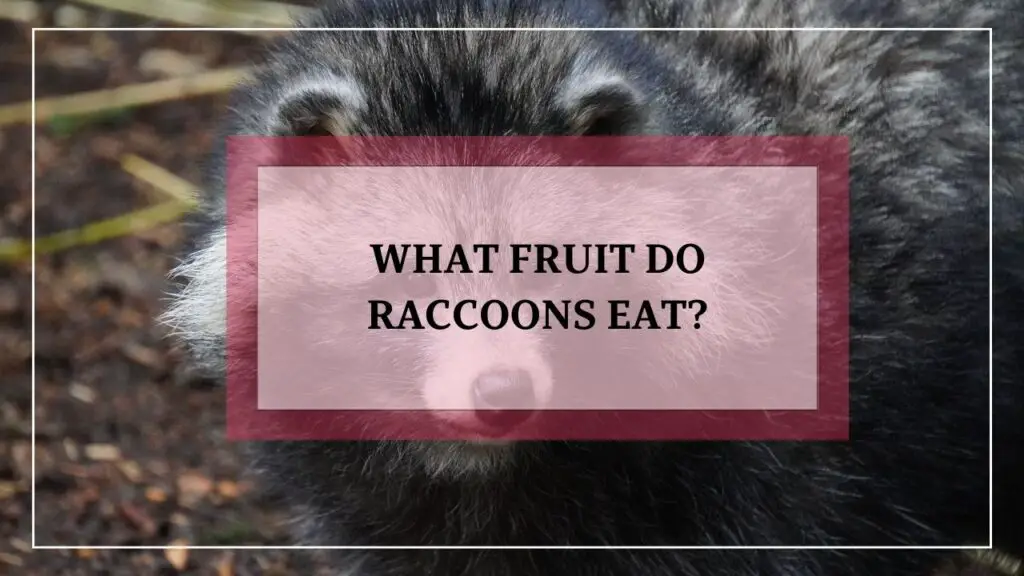The great white shark is perhaps the most infamous creature of the ocean. With their fearsome reputation and razor-sharp teeth, these apex predators have captured the imagination of people around the world. However, there is much more to these magnificent creatures than meets the eye. Did you know that great white sharks are also devoted parents?
In this blog post, we will explore the fascinating world of great white shark parenting. Despite their fearsome reputation, these predators are also caring mothers who go to great lengths to protect and nurture their young. From their reproductive behaviors to the socialization and development of their offspring, we will cover all the essential topics and provide valuable insights that will deepen your understanding of these amazing creatures.
Great white sharks are known for being fierce predators, but they also have a softer side when it comes to caring for their young. Unlike many other shark species, great whites give birth to live young rather than laying eggs. Here’s how these apex predators care for their offspring:
- Reproduction
- Birth
- Protection
- Diet
In the coming lines, we’re going to explain each item of those in detail. Keep reading:
Birth and Early Life

Great white sharks give birth to live young, a process is known as viviparity. Unlike most fish, which lay eggs, great white sharks develop their young internally and give birth to fully-formed pups. The gestation period for great white sharks is around 12 to 18 months, depending on the size and age of the mother.
When great white shark pups are born, they are around 4 to 5 feet (1.2 to 1.5 meters) long and weigh around 60 to 80 pounds (27 to 36 kg). Despite their relatively large size at birth, great white shark pups are vulnerable to predation and face many challenges in their early life.
As with most shark species, great white shark offspring are left to fend for themselves immediately after birth. However, mother sharks do play an important role in protecting and nurturing their young during the first few weeks of life. This is known as postpartum care.
During the postpartum period, mother sharks will swim close to their young and use their bodies to shield them from potential predators. They may also push their young towards the surface to help them breathe and regulate their body temperature. Mother sharks also produce a special milk called “yolk sac milk,” which provides their young with the nutrients they need to survive.
After the postpartum period, great white shark pups are left to fend for themselves. They will begin to feed on small fish and invertebrates, and gradually grow larger and more independent. However, even as juveniles, great white sharks face many threats and challenges, such as predation and competition for food.
Feeding and Nutrition
Great white shark mothers play a crucial role in providing their young with the nutrition they need to grow and develop. After birth, great white shark pups rely on their mother’s milk to survive. This milk, called “yolk sac milk,” is rich in fats and proteins and provides the nutrients necessary for the pups to grow and develop properly.
Early Life Feeding Habits
As the pups grow and mature, they transition to feeding on small fish and invertebrates, such as herring, mackerel, and squid. These prey items are smaller and more manageable for the young sharks, which are still developing their hunting and feeding skills.
Great white shark pups need to eat frequently in order to meet their energy needs and support their growth. Research has shown that pups can consume up to 5% of their body weight per day in food, which amounts to several pounds of prey per day for a typical pup.
Adult Feeding Habits
As great white sharks reach adulthood, their feeding habits and diet change significantly. Adult great white sharks are apex predators, meaning they occupy the top of the food chain and have no natural predators themselves. This allows them to consume a wide range of prey and adapt their diet to changing conditions.
Adult great white sharks primarily feed on large marine mammals, such as seals, sea lions, and dolphins. They use their powerful jaws and sharp teeth to take down these prey items, which can weigh several hundred pounds. Great white sharks have been known to consume up to 90 pounds (40 kg) of food in a single feeding event.
Dietary Adaptations
One interesting aspect of great white shark nutrition is their ability to go for long periods without eating. This is known as facultative dietary fasting and is thought to be an adaptation to the unpredictable nature of their food sources.
Great white sharks are able to store energy-rich compounds, such as fats and oils, in their liver, which they can draw upon during periods of fasting. This allows them to survive for weeks or even months without food, depending on the size of their liver reserves.
Socialization and Development
Great white sharks are solitary animals and generally do not engage in social behavior. However, mothers play a critical role in the early socialization and development of their young. Here are some of the key ways in which great white shark mothers care for their offspring:
Maternal Care
Great white shark mothers are viviparous, meaning they give birth to live young that have already developed inside their bodies. This allows them to provide their young with additional protection and nutrients during the early stages of life.
After birth, great white shark mothers remain with their young for a period of time, during which they continue to provide milk and protection.
Great white shark mothers are known to be highly protective of their young and will defend them from potential predators, such as other sharks.
Socialization
While great white sharks are not social animals, they do engage in some social behaviors during the early stages of life. For example, young sharks may form loose aggregations in shallow, protected areas, where they can learn important skills such as hunting and predator avoidance.
These aggregations may also provide a level of protection from potential predators, as there is safety in numbers.
Development
Great white shark pups are born fully developed and able to swim and hunt on their own. However, they still have a lot to learn in order to survive in the wild.
During the early stages of life, great white shark pups must learn important hunting and feeding skills, as well as how to avoid potential predators.
Great white shark pups also go through a process of physical development, including the growth and replacement of teeth, which is essential for their survival as adults.
What Are The Dangers Faced By Great White Sharks Offsprings?
Great white sharks face a number of threats and challenges throughout their lives, including those that impact their ability to care for their young. Here are some of the key threats and challenges facing great white sharks and their offspring:
Habitat Loss
Great white sharks require specific habitats in order to survive and reproduce. These habitats are under threat from a number of factors, including overfishing, pollution, and climate change.
Loss of habitat can lead to reduced breeding success and survival rates, which can have a ripple effect on the entire population.
Overfishing
Overfishing of great white shark prey species can have a significant impact on the survival of young sharks. Without enough food, young sharks may struggle to grow and develop properly and may be more vulnerable to predation.
Overfishing can also lead to the depletion of entire ecosystems, which can have negative impacts on great white shark populations.
Bycatch
Great white sharks are often caught accidentally as bycatch in fishing gear intended for other species. This can lead to injury or death for both adults and young sharks.
Bycatch is a major threat to many shark species, and efforts are underway to develop more shark-friendly fishing practices.
Climate Change
Climate change is having a significant impact on the world’s oceans, including the habitats of great white sharks. Changes in water temperature and chemistry can impact the availability of prey, as well as the ability of sharks to reproduce and survive.
Climate change can also lead to the loss of important habitats, such as coral reefs, which can have negative impacts on the entire ecosystem.
FAQs
Do Great White Sharks Stay With Their Mom?
No, great white sharks do not stay with their mothers after birth. In fact, they are born ready to swim and hunt on their own.
Do Great White Sharks Take Care Of Their Pups?
Yes, great white sharks do take care of their pups before they are born. Inside the mother’s womb, the pups are nourished by a yolk sac and receive oxygen through a placenta-like structure. After birth, the mother may also provide some protection and guidance for her young before they swim off on their own.
How Long Do Great White Shark Pups Stay With Their Mother?
Great white shark pups do not stay with their mother after birth, so there is no specific duration for how long they stay together. However, it is believed that the mother may provide some guidance and protection for her young in the immediate aftermath of birth before they swim off on their own.
How Do Great White Sharks Protect Their Young? (A detailed Answer)
Great white sharks do not have a parental care system in which adult sharks actively protect their young. Unlike some other species of sharks and fish, great white sharks do not lay eggs and leave them to hatch and grow on their own. Instead, they give birth to live young, called pups.
Once a great white shark pup is born, it is on its own to find food, shelter, and protection. This means that the survival of a great white shark pup is dependent on its ability to swim and hunt effectively from a very young age.
However, there is some evidence to suggest that adult great white sharks may inadvertently protect their young by defending their territory against other predators. Great white sharks are apex predators, meaning they are at the top of the food chain, and they may be aggressive towards other sharks or animals that come too close to their territory, including potential predators of their young.
In addition, the mother great white shark may protect her pups while they are still in her womb by choosing a safe and secure location to give birth. Pregnant female great white sharks tend to seek out warm and shallow waters, such as those found in nursery areas, where their pups can grow and develop safely.
Overall, while great white sharks do not actively protect their young, there are some ways in which they may indirectly provide protection through their territorial behavior and choice of birth location.

Hi, I’m Ali Tarek, the founder of Animalsman. I’ve always been passionate about pets, especially dogs and cats, and I created this website to share practical tips, easy recipes, and helpful care advice for fellow pet lovers. My goal is to make pet care simple, enjoyable, and accessible for everyone. When I’m not writing or curating content, you’ll usually find me spending time with my furry friends or learning new ways to keep them happy and healthy.



